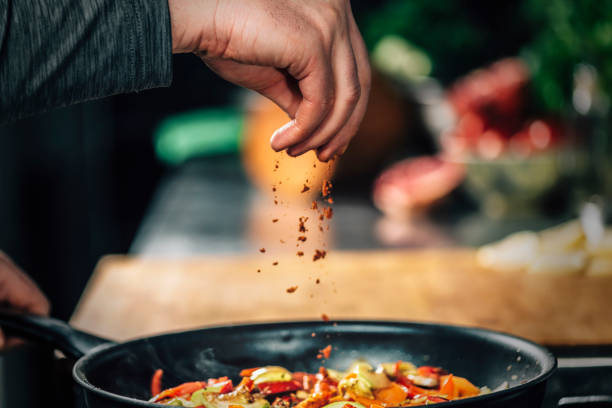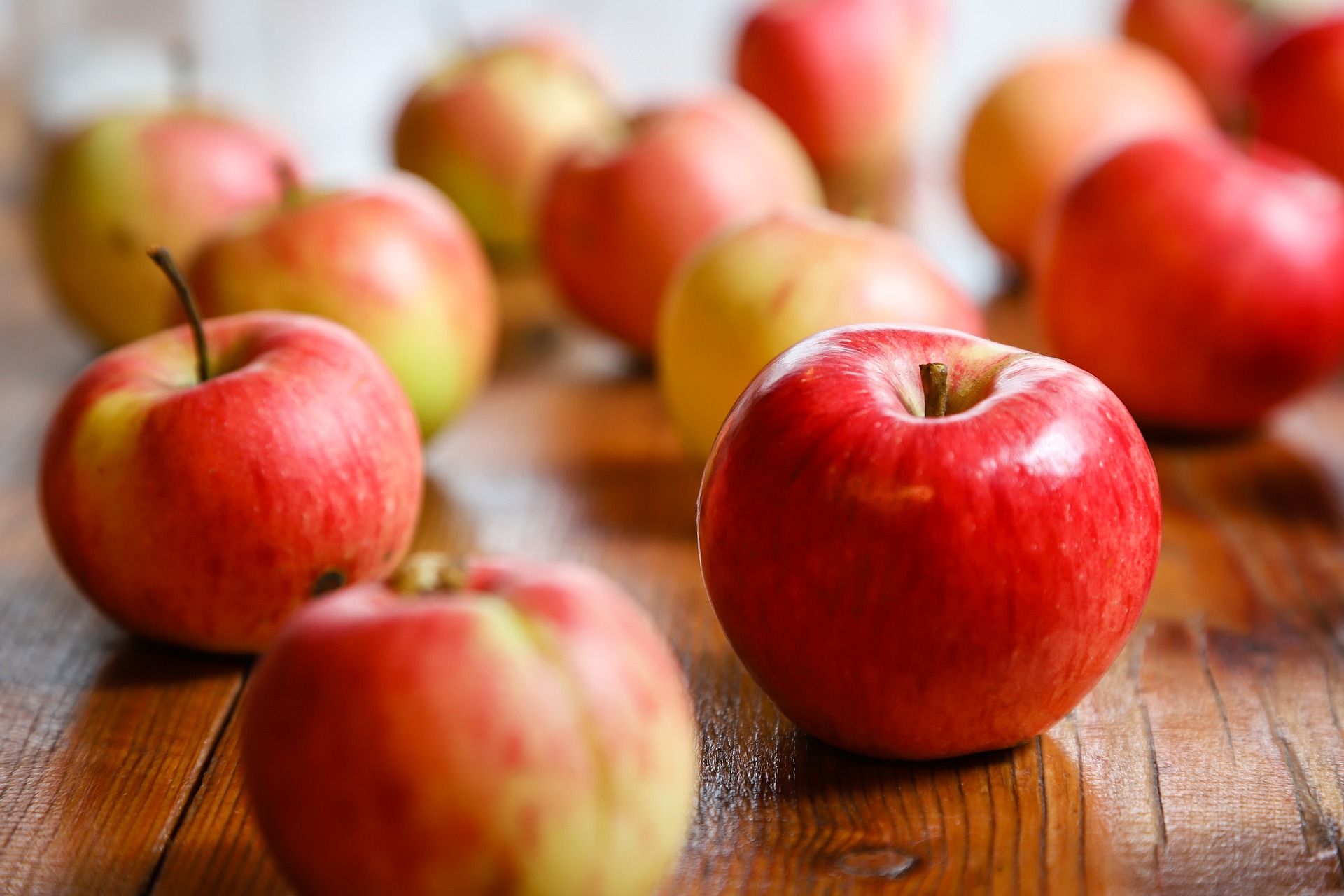Culinary Alchemy: Transforming Humble Ingredients
Elevate your kitchen game with the art of culinary alchemy. Discover innovative techniques to transform everyday ingredients into extraordinary dishes that will wow your taste buds and impress your guests. From simple staples to forgotten produce, we'll explore creative ways to breathe new life into your cooking.

The Art of Vegetable Transfiguration
Vegetables often play second fiddle in many dishes, but with a touch of culinary alchemy, they can take center stage. One technique that’s gaining popularity is vegetable “charcuterie,” where root vegetables are treated like cured meats. Beets, for instance, can be thinly sliced, cured with salt and spices, and aged to create a plant-based alternative to bresaola. Carrots can be smoked and seasoned to mimic salmon lox, perfect for a vegan bagel spread. Even watermelon rinds, often discarded, can be pickled and transformed into a tangy, crunchy condiment. By applying traditional meat-curing techniques to vegetables, we not only create exciting new flavors but also offer innovative options for plant-based diets. This approach challenges our preconceptions about vegetables and opens up a world of culinary possibilities.
Grain Alchemy: Beyond Basic Cooking
Grains are a staple in cuisines worldwide, but their potential extends far beyond simple boiling or steaming. Through culinary alchemy, we can transform these humble seeds into extraordinary creations. Take risotto, for example. By slowly cooking Arborio rice and infusing it with flavorful stock, we create a creamy, luxurious dish from simple grains. But why stop there? Experiment with unconventional grains like sorghum or millet in your risotto for unique textures and flavors. Another alchemical trick is to puff grains. By exposing grains like quinoa or amaranth to high heat, they explode into light, crunchy morsels perfect for adding texture to salads or as a garnish for soups. Even leftover cooked grains can be transformed - blend them into a smooth puree and use as a base for creamy soups or as a novel alternative to mashed potatoes.
Fruit Alchemy: Sweet to Savory Transformations
Fruits are typically associated with desserts and sweet dishes, but culinary alchemy allows us to explore their savory potential. One intriguing technique is to treat fruits like vegetables in savory preparations. Watermelon, for instance, can be grilled and seasoned with salt and herbs to create a refreshing “steak” for summer salads. Unripe green papaya, when shredded and dressed with a tangy fish sauce-based dressing, becomes the base for the popular Thai som tam salad. Even typically sweet fruits like strawberries can be transformed into savory condiments - try roasting them with balsamic vinegar and black pepper for a complex sauce that pairs beautifully with grilled meats. By challenging our expectations of how fruits should be used, we open up a whole new realm of flavor combinations and culinary innovations.
Liquid Alchemy: Transforming Drinks
Culinary alchemy isn’t limited to solid foods - it extends to the world of beverages as well. One exciting trend is the creation of “clarified” drinks. This process involves using milk to remove tannins and particles from typically cloudy beverages, resulting in a crystal-clear liquid with a surprisingly smooth taste. Clarified coffee, for instance, has a much milder flavor profile than its regular counterpart, allowing subtle notes to shine through. Another alchemical technique in mixology is fat-washing spirits. By infusing alcohol with flavored fats (like bacon-infused bourbon), then freezing and straining, we create complex, savory spirits perfect for unique cocktails. Even humble ingredients like banana peels can be transformed - when roasted and steeped in water, they create a surprisingly delicious tea with notes of vanilla and caramel.
Useful Tips & Facts
• Save vegetable scraps to make flavorful stocks or crispy chips
• Experiment with aging fruits like persimmons for unique flavors
• Try fermenting leftover grains for probiotic-rich dishes
• Use a smoking gun to add depth to unexpected ingredients like butter or cocktails
• Explore molecular gastronomy techniques like spherification to transform liquids into caviar-like pearls
Embracing the Spirit of Culinary Alchemy
Culinary alchemy is more than just a set of techniques - it’s a mindset that encourages creativity, reduces waste, and pushes the boundaries of what we consider possible in the kitchen. By approaching cooking with curiosity and a willingness to experiment, we can turn even the most mundane ingredients into extraordinary culinary experiences. Whether you’re a home cook looking to spice up your routine or a professional chef seeking new inspiration, embracing the principles of culinary alchemy can revolutionize your approach to food. So next time you’re in the kitchen, challenge yourself to see the hidden potential in every ingredient. With a little imagination and some alchemical know-how, you might just create culinary gold.




